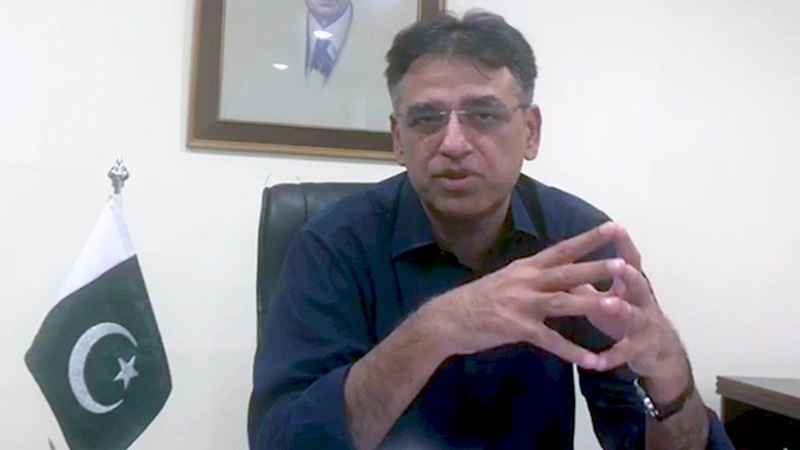After much ado, PTI govt decides to approach IMF


ISLAMABAD: After nearly six weeks of dilly-dallying, the Pakistan Tehreek-e-Insaf (PTI)-led government has finally decided to approach the International Monetary Fund (IMF) for emergency financial assistance to ease a mounting balance of payments crisis.
Prime Minister Imran Khan spent nearly two months since taking office looking for alternatives to a second IMF bailout in five years, which would likely impose tough conditions on government policy.
Talks with the IMF will start immediately as Prime Minister Imran Khan has given a go-ahead to do so, Finance Minister Asad Umar said in a video message.
A Pakistani delegation led by the finance minister is scheduled to attend the annual meeting of IMF and World Bank in Bali, Indonesia this week, sources said.
The country is going through a tough time, which has been left behind by the previous government, he said, adding: “We have to find a way to get out of this difficult situation.” “The prime minister after consulting everyone decided today that we should open talks with the IMF,” Umar said. The negotiations will be aimed at reaching a “stabilisation recovery programme”, which can be used to tackle the economic crisis, the minister said.
It was, however, not specified how much in emergency financing the government would seek, but Umar earlier said the government would need at least $8 billion to cover its external debt payments through the end of the year.
Pakistan’s foreign currency reserves dropped in late September to $8.4 billion, barely enough for those debt payments.
The new government blames the previous administration for the country’s economic woes.
Khan’s decision came after the Pakistani stock markets tumbled by 3.4 percent on Monday after he said the day before that he was still exploring options outside the IMF.
Khan’s government had been seeking economic lifelines from its allies, including new bridge loans from China and a deferred payments scheme for oil with Saudi Arabia, but there were no large-scale deals.
Pakistan’s current account deficit widened 43 percent to $18 billion in the fiscal year that ended June 30, while the fiscal deficit had ballooned to 6.6 percent of gross domestic product.
The rupee has fallen by more than 20 percent in four devaluations since December. On Monday, the currency was trading at 128 per US dollar on the open market and 124.20 in the official interbank rate.
Monday’s news was welcomed by brokers as a clear signal that could help steady markets tired of nearly two months’ of uncertainty since Khan’s government took office.
“It was much needed and about time,” said Saad Hashemy, research director for Pakistani brokerage Topline Securities.
If a package is agreed on, it would be Pakistan’s 13th IMF bailout since the late 1980s.
Published in Daily Times, October 9th 2018.
Leave a Comment